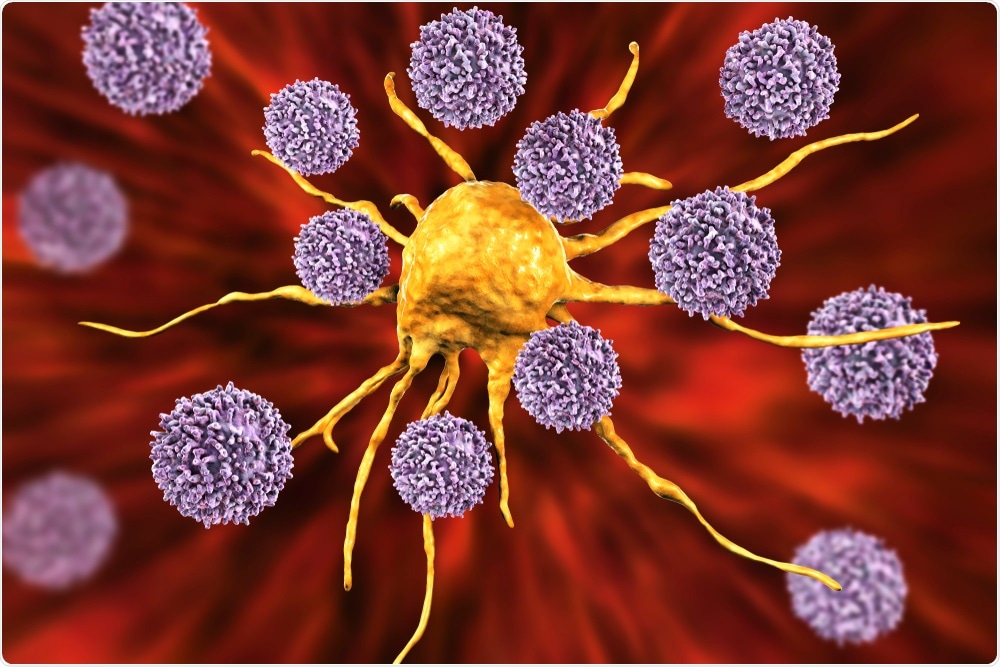A “kill code” present within every cell of the body can cause cancerous cells to self-destruct, according to a study recently published in the journal Nature Communications.
 Image Credit: Kateryna Kon / Shutterstock
Image Credit: Kateryna Kon / Shutterstock
Once certain cellular machinery detects that a cell is changing into cancer, it triggers the kill code to destroy the mutating cell.
The code is found in large protein-coding ribonucleic acids (RNAs) and in small microRNAs, which are thought to have evolved more than 800 million years ago, partly to protect against cancer.
The Northwestern University researchers say the toxic microRNAs are also induced by chemotherapy.
Cancer does not have the ability to adapt to or become resistant to the toxic RNAs, making it potentially fail safe if the code can be duplicated artificially.
Now that we know the kill code, we can trigger the mechanism without having to use chemotherapy and without messing with the genome. We can use these small RNAs directly, introduce them into cells and trigger the kill switch."
Marcus Peter, Lead Author
Since chemotherapy targets and alters the genome, it is associated with various side effects including some that can cause secondary cancers.
The current findings will enable the design of artificial microRNAs that are even more powerful than the ones developed by nature, says Peter, who is now investigating how to trigger the embedded kill code to destroy cancer cells.
"We absolutely need to turn this into a novel form of therapy," he concludes.
Source
Cancer's most deadly assassin exists in every cell.